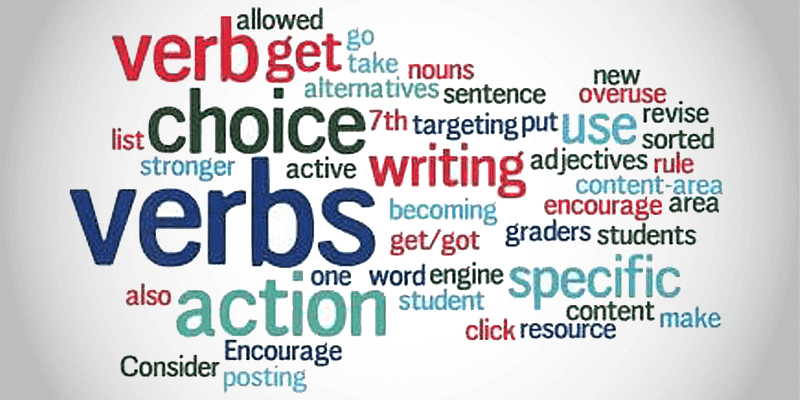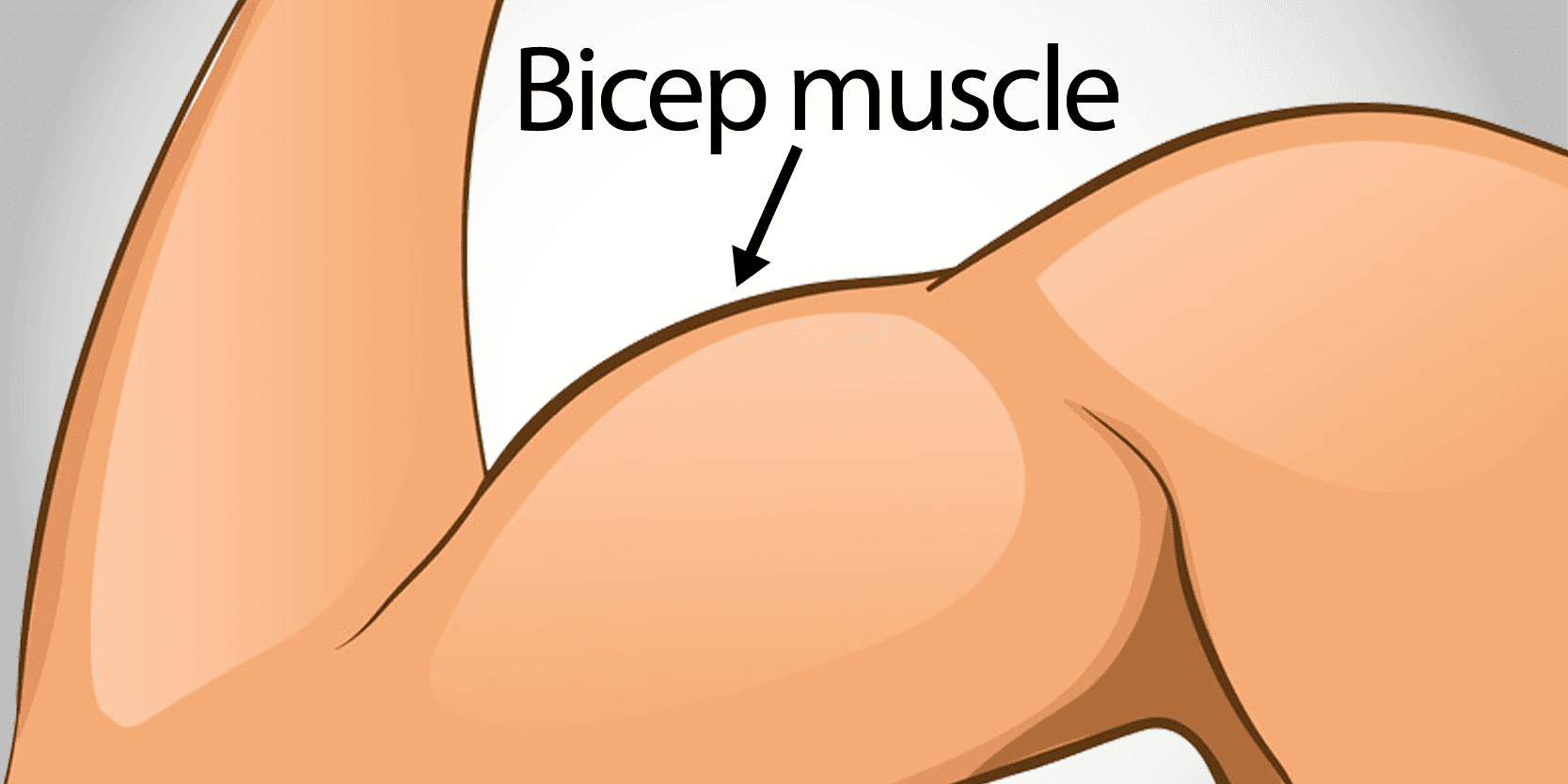Learning Center
writing
Deliver information with 4 word-choice techniques
may 3, 2022
Although informative writing consists of facts, quotes, explanations, and examples, the writer’s word choice is just as valuable. When students intentionally use relevant and accurate vocabulary, it demonstrates knowledge on a topic.
Here are four ways to incorporate precise word choice when writing about information.
1. Integrate specific nouns.
Every concept is associated with a set of related words. Rather than making generic references, strong writers use the precise terms and proper nouns that are relevant. They identify objects, elements, events, places, and concepts by name.
Encourage students to include such specific nouns within their sentences.
- MATH WRITING: Rather than answer, state if it was a quotient, product, sum, or difference.
- SCIENCE WRITING: Rather than type, state the species, breed, or class.
- SOCIAL STUDIES WRITING: Rather than government, state if it was a democracy, monarchy, or dictatorship.
2. Offer definition details.
Remember, the writer’s purpose is to inform and teach the reader. Consequently, after stating a specific term, it may also be helpful to insert a simple definition or example. This allows the writer to maintain a precise vocabulary while acknowledging the audience’s lack of background.
3. Show concept connections.
More than simply inserting a “big word” here and there, sophisticated writing integrates multiple vocabulary terms within the same sentence. This proves the writer knows more than the individual meanings of concepts, but their impact and relationship to each other.
This elevates informative writing from simply regurgitating facts to connecting, comparing, and synthesizing ideas.
- MATH WRITING: A number line reveals a range ending with the greatest outcome.
- SCIENCE WRITING: The center of mass affects an object’s equilibrium.
- SOCIAL STUDIES WRITING: The legislative branch makes laws, but the judicial branch can declare those same laws unconstitutional.
4. Include topic-specific action verbs.
Although information often centers around nouns, emphasize the importance of action verbs. The verb is considered the engine to the sentence; it makes nouns move.
- MATH WRITING: More than simply stating the answer was changed, it was reduced or it was simplified.
- SCIENCE WRITING: More than just writing the strand changed, it reacted or it mutated.
- SOCIAL STUDIES WRITING: More than merely explaining the culture changed, it urbanized or industrialized.
When students learn to use content-specific nouns, definitions, connections, and verbs, their informational writing will be more clear and trustworthy.





